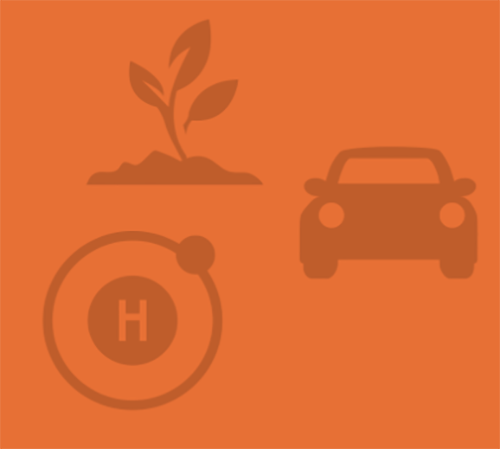The U.S. Department of Energy (DOE) announced up to $47 million in funding to accelerate research, development, and demonstration (RD&D) of affordable clean hydrogen technologies.
Department’s goal of reducing the cost of clean hydrogen
Projects funded under this opportunity will reduce costs, improve hydrogen infrastructure, and improve hydrogen fuel cell performance, advancing the Department’s goal of reducing the cost of clean hydrogen to $1 per kilogram within a decade.
Achieving these cost reductions will accelerate the use of clean hydrogen in multiple sectors, strengthening energy security while supporting President Biden’s ambitious goals of a 100% clean electric grid by 2035 and a net-zero emissions economy by 2050.
RD&D of essential hydrogen
This funding opportunity, administered by DOE’s Hydrogen and Fuel Cell Technologies Office (HFTO), focuses on RD&D of essential hydrogen supply and storage technologies and affordable and durable fuel cell technologies.
Fuel cell R&D projects will focus mainly on heavy-duty truck applications to reduce carbon dioxide emissions and eliminate tailpipe emissions detrimental to local air quality.
Bipartisan Infrastructure Act
These efforts will be coordinated with hydrogen-related activities funded by President Biden’s Bipartisan Infrastructure Act. Including the Regional Clean Hydrogen Centers and an upcoming RD&D funding to accelerate opportunity. To advance electrolysis technologies and improve the manufacturing and recycling of critical components and materials.
For all thematic areas, DOE anticipates awarding financial support through cooperative agreements. The estimated performance period for each award will be approximately two to four years.
DOE encourages applicant teams to include stakeholders from academia, industry, and national laboratories across multiple technical disciplines. Teams are also encouraged to have representation from diverse entities. Such as minority-serving institutions, labor unions, community colleges, and other entities connected through Opportunity Zones.
The application process will consist of two phases:
- Concept Paper Phase: submission deadline is February 24.
- Complete application phase: submission deadline is April 28, 2023.
It can be of your interest: Clean energy technology deployment on tribal lands


